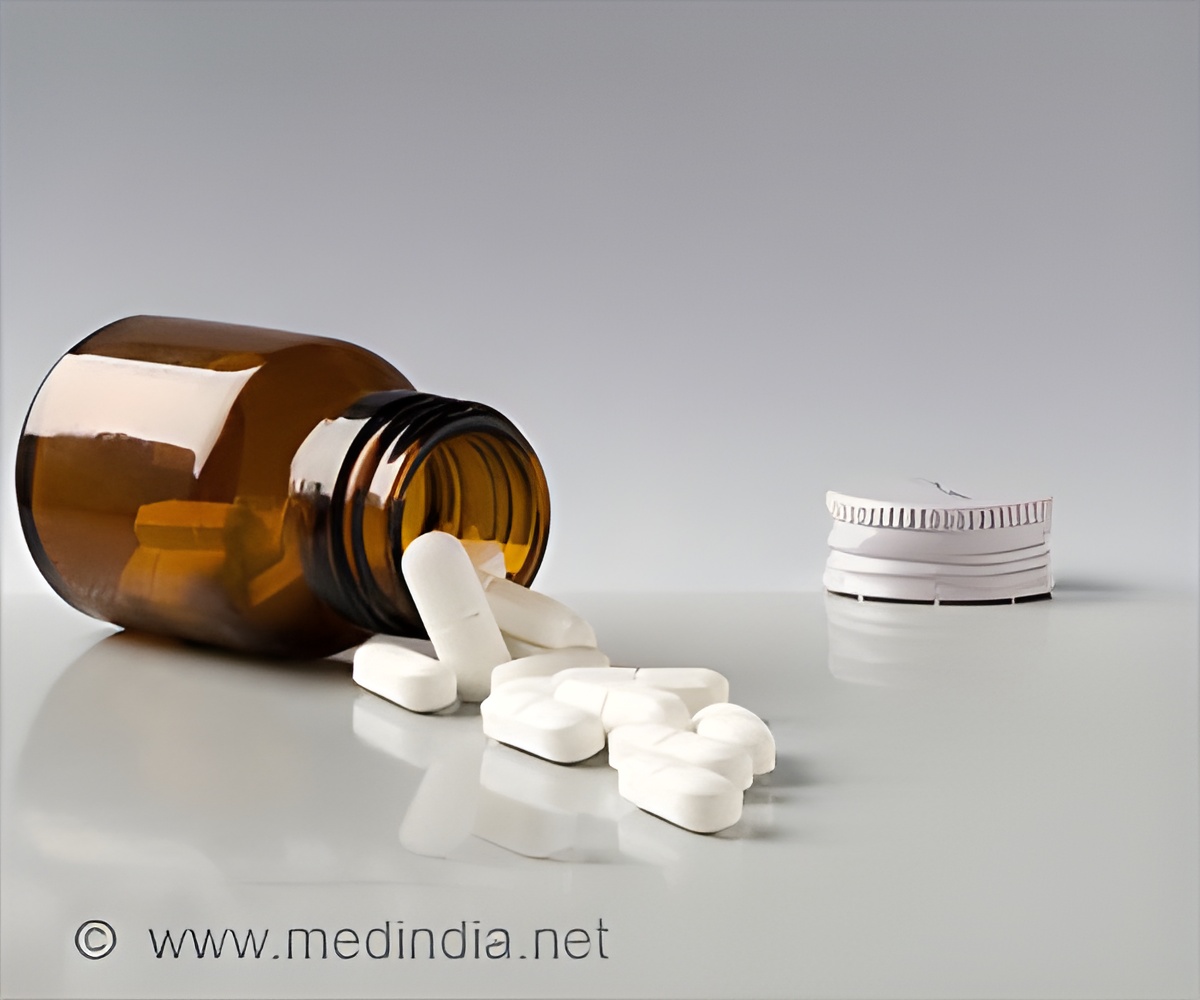A newly identified biomarker could help scientists pinpoint which cancers are vulnerable to treatment with biguanides, a common class of medications used to control blood sugar in Type 2 diabetes.

TOP INSIGHT
New study provides information on how to identify tumors that are sensitive to biguanide treatment and, how and why some patients may respond better to biguanides than other patients.
Read More..
"Cancers vary widely in how they react to different therapies -- what works for one cancer type may not work for another -- but regardless, they are all reliant on metabolism for energy production," said Van Andel Institute Professor Russell Jones, Ph.D., the study's senior author and leader of VAI's Metabolic and Nutritional Programming group.
"Our results establish two important things: First, they give us a way to objectively determine which types of cancer are sensitive to biguanide treatment and, second, they illuminate how and why some patients may respond better to biguanides than other patients."
MYC is a well-known cancer-related gene whose activity is increased in as many as 70% of lymphomas. MYC works in part by turning down the activity of other genes that suppress tumor growth while heightening metabolic activity in cancer cells, a combination that allows the cells to flourish.
But there's a trade-off. While MYC helps fuel cancer cells' voracious appetites, it also turns off cells' ability to respond to a stressful biological environment, limiting flexibility in their metabolism.
"Biguanides have great potential as cancer treatments, particularly for blood cancers," Jones said. "Biomarkers such as what we have found here are vital tools for determining which cancers will respond to biguanides and which will not, which is important for patient care as well as designing more effective clinical trials."
Source-Eurekalert
 MEDINDIA
MEDINDIA

 Email
Email










